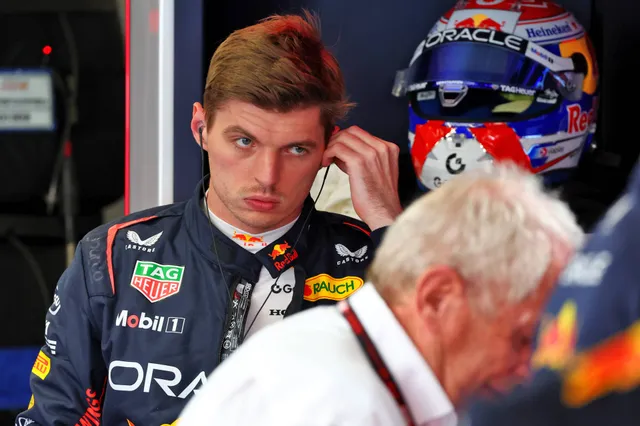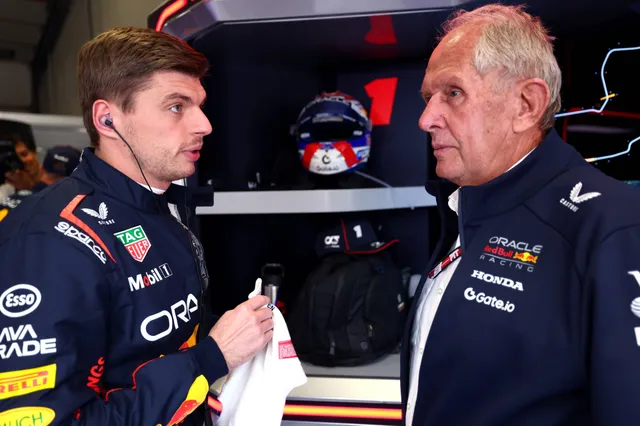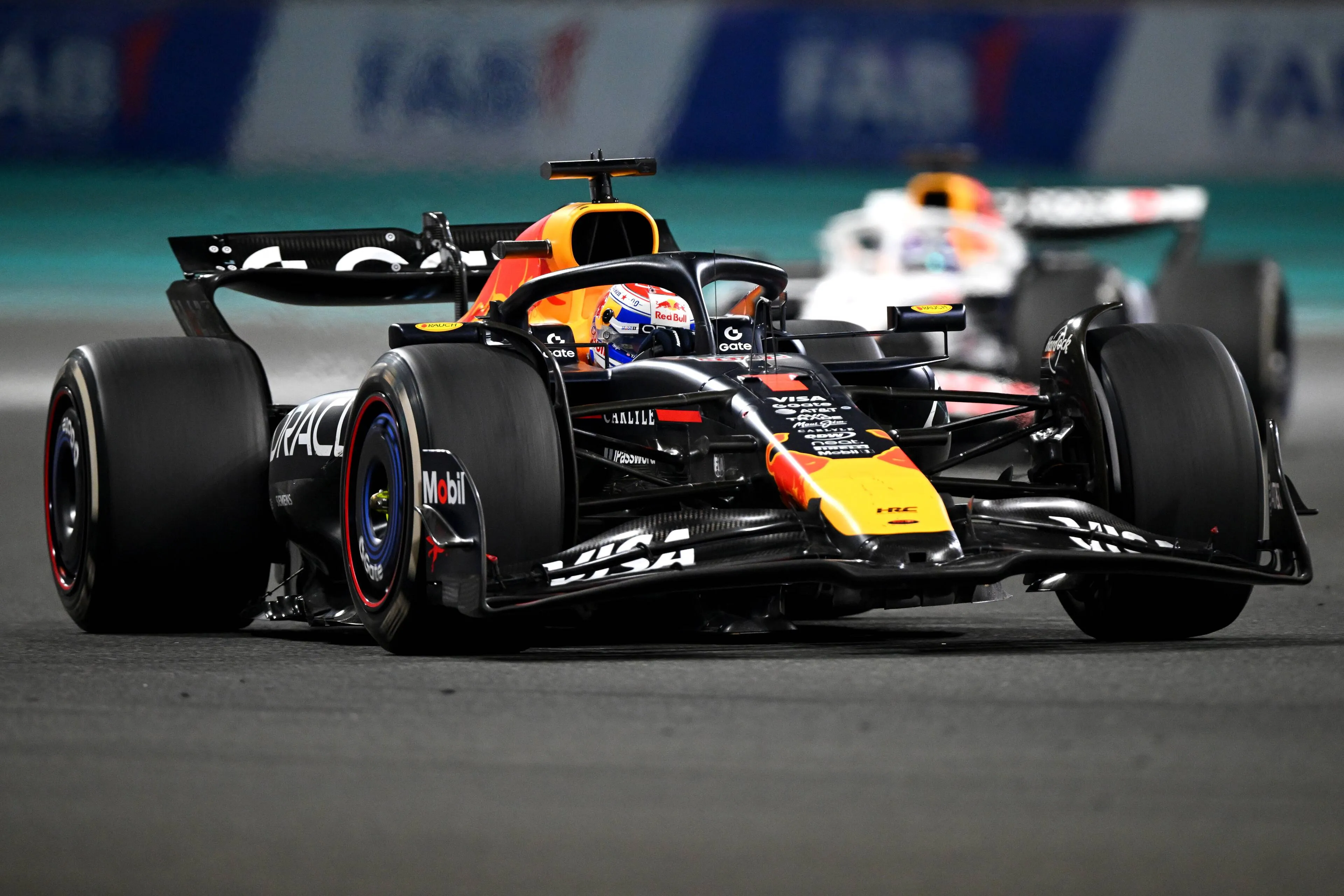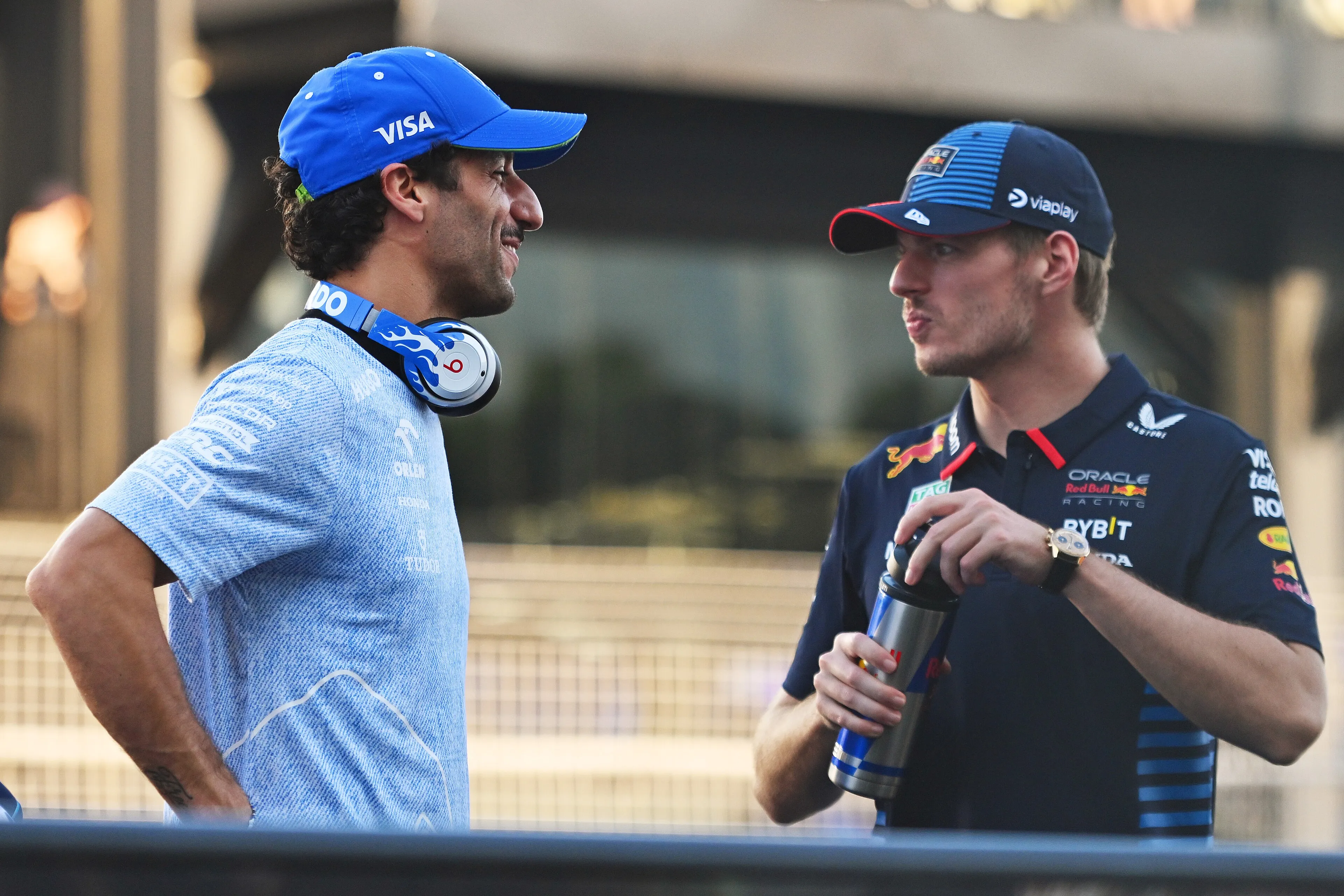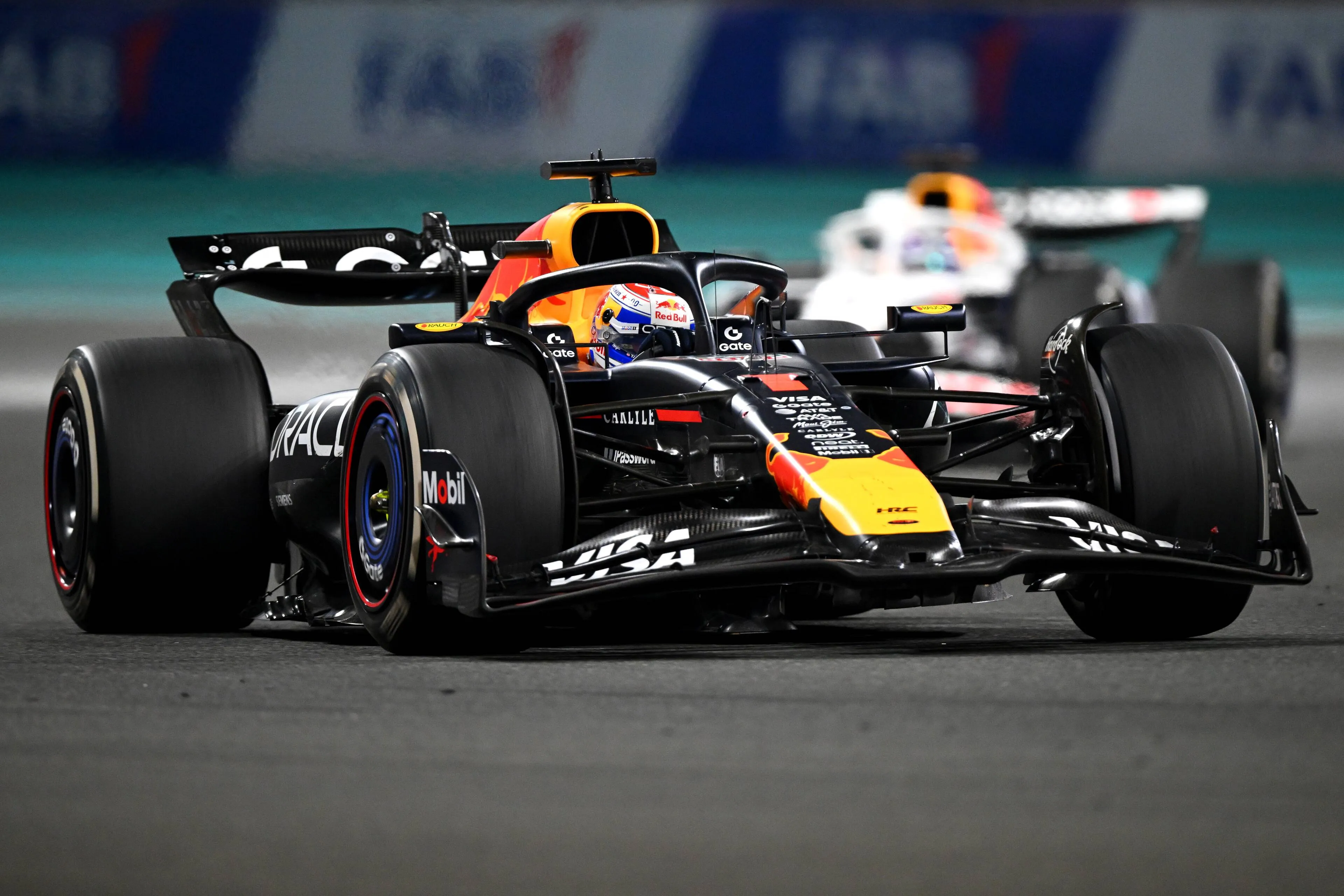Verstappen’s aggression is pushing the limit warns former F1 driver
Christijan Albers was quite critical of Red Bull Racing after the Spanish GP. Yet, the former F1 driver did defend Max Verstappen after his poor race weekend in Barcelona.
“The advantage of him, of course, is that when he becomes aggressive, he can drive incredibly fast. The downside is that he does things like this weekend that you see. That combination is there, you can hardly keep it separate,” Albers began in the Formula 1 podcast of De Telegraaf. He further mentioned that this characteristic is innate in Verstappen and it results in showing tremendous fighting spirit. These traits have been ingrained in the Dutchman from a young age and thus will not disappear.
Yet, according to the F1 analyst, this is exactly the mentality that distinguishes Verstappen from the rest. “I have seen few drivers who are so incredibly fast and who can also keep themselves so well in check. That usually goes hand in hand,” Albers said.
Albers sees a more mature Verstappen in the current F1 season
Verstappen's first F1 seasons were marked by many incidents with other drivers. Nowadays, such occurrences are rare. The incident with George Russell during the Spanish GP was therefore an exception to the rule.
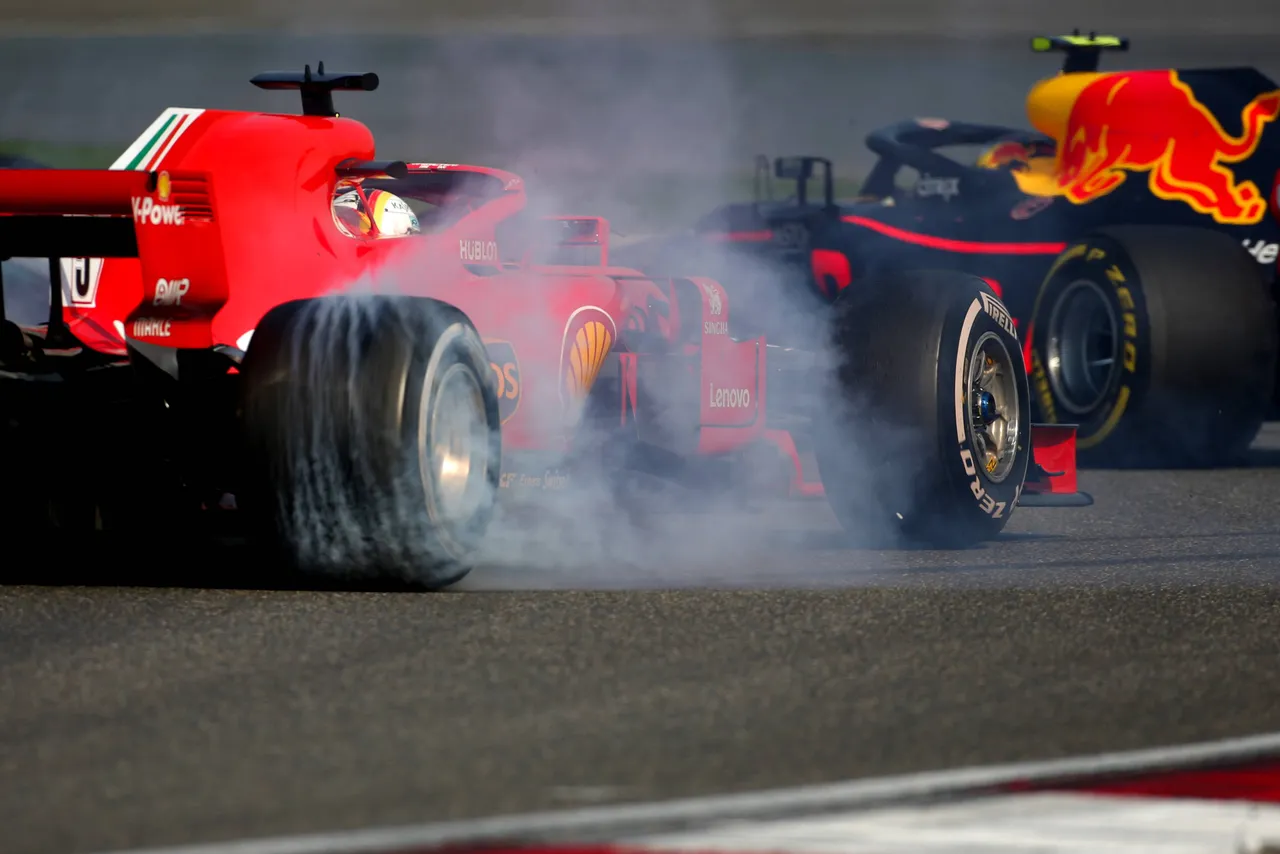
Albers also noticed this development. He said: “You just notice that over the years he has just become calm, but of course, what he did was just not smart.” According to Albers, Verstappen was frustrated in his RB21 in Spain. Usually, this makes the Dutchman extra sharp, but in Barcelona, he crossed the line. Albers explained it as follows: “That also has to do with a certain aggression, a certain commitment, a certain fighting spirit to come forward again. The separation of being cool and keeping yourself in check and a bit of aggression and that fighting spirit that's in there, they are so closely linked that it's difficult to distinguish.”
Read also
Popular on GPBlog

Verstappen rules out Red Bull exit amid clear F1 retirement timeline

Hamilton backed for eighth title as Andretti refuses to write F1 star off

Christian Horner wants to buy Alpine - and that’s bad news for Red Bull



